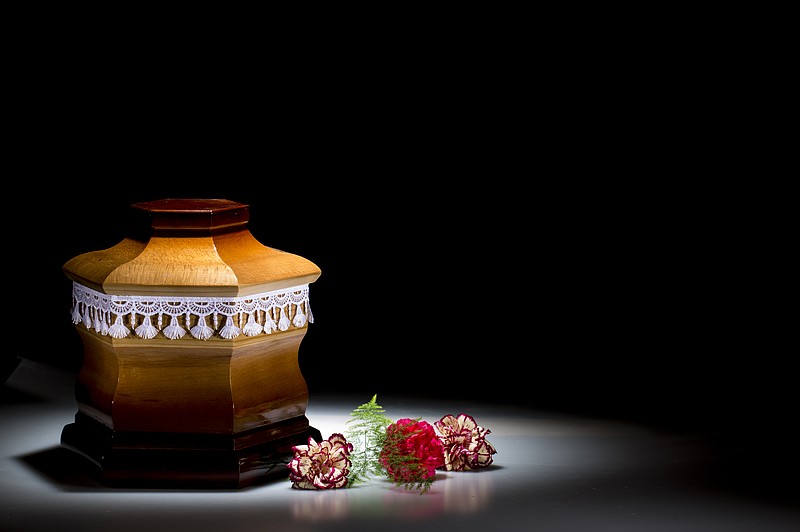Editor's note: This article is part of a series answering your biggest religious questions. Each week, we will answer one submitted faith question. To send a submission, visit timesfreepress.com/religionquestions or email wmassey@timesfreepress.com.
___
Question: How do different religions view cremation?
The funeral practice of burning bodies dates back thousands of years to the Greek and Roman traditions. The practice was often done over open fires, something modern cremation has since shied away from.
Cremation gained public influence in the 1860s and 1870s after Henry Thompson, Queen Victoria's surgeon, published a book, "Cremation: The Treatment of the Body After Death," according to the Encyclopedia Britannica. At the time, many of the Christian traditions rejected the idea of burning the body after death, said Douglas Davies, professor of theology and religion at Durham University.
"There was this kind of imaginative idea that somehow resurrection would be more difficult if people were being cremated rather than buried," Davies said. "I think it was tied into the symbolism of Jesus being buried and resurrected."
Since the 1940s, though, Protestant churches began accepting cremation. The Roman Catholic Church forbid the practice until the church changed its rules in 1963, but the rules still said burial was preferable. The Catholic tradition also advises families who have chosen cremation not to separate or spread someone's ashes, but instead keep the ashes in a sacred place, such as a cemetery.
There is little reason for Protestants or Catholics to be opposed to cremation on religious grounds, Davies said.
"There's an argument that goes way back to St. Augustine that it's no more problem for God to raise the dead from bones in the grave than it is from bones eaten by the lions or whatever else happened to the Christians," Davies said.
Since 2003, the cremation rate in the United States has risen from 29.6% to 53.1%, according to the Cremation Association of North America. The rate is projected to be nearly 80% by 2040, according to the National Funeral Directors Association.
Islam and the Orthodox Christian Church are opposed to cremation. The Church of Jesus Christ of Latter-day Saints advises against the practice because nothing should be done that destroys the body.
There is a similar view against destroying the body in the Jewish tradition, said Steven Katz, Boston University professor of religion.
"The Jewish tradition is to be buried bodily in the ground [being cremated] is a modern practice that runs against the traditional view," Katz said.
Such rules are included in Halakha, the collection of Jewish guidelines to living, Katz said. In modern times as countries have become more secular, some Jews have moved away from these guidelines.
Preserving the body is important for the future, Katz said.
"There is a notion of the resurrection of the dead," he said. "In the time of the Messianic Era, in the end of the world, the dead will rise up in bodily form so there was a very considerable concern to preserve the body."
Funeral home directors say a small percentage of Jews are requesting cremations, according to Kathleen Garces-Foley, Marymount University professor of religious studies, in an email. Many people in the United States have opted for cremation because of the high costs of funeral services and cemeteries. In contrast, Buddhists and Hindus have been cremated for centuries.
From the reporter
I became a journalist to help people see people as people. But highlighting the human side of every policy decision, and how it is affecting your community, takes time as well as support from readers. If you believe in telling the stories of people in your community, please subscribe to the Times Free Press today. Contact me at wmassey@timesfreepress.com or 423-757-6249. Find me on Twitter at @News4Mass.
